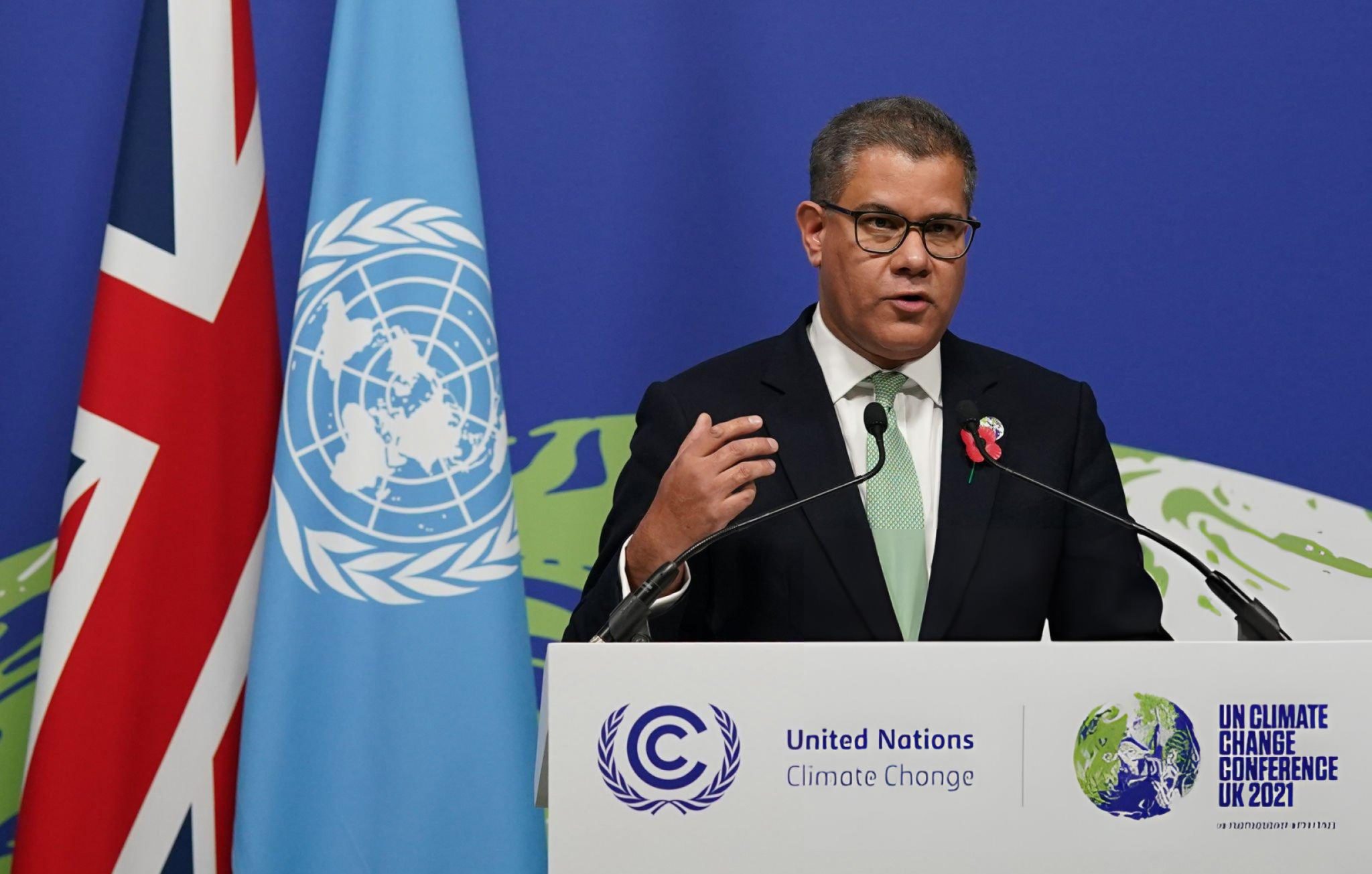Alok Sharma, the former Conservative Party member of Parliament of Indian origin, has officially taken his seat in the House of Lords after being conferred a peerage by King Charles III. The 56-year-old, who was born in Agra, India, had recently opted not to seek re-election in the recent general election, marking a significant transition in his political career.
Sharma, who has been honored with the title of Sir Alok after being knighted in the King’s New Year Honours list last year, is recognized for his substantial contributions to climate change initiatives. He gained prominence as the president of the COP26 climate summit, a role that showcased his commitment to addressing global environmental challenges. With his new title, he will now be referred to as Lord Sharma.
The announcement of his peerage was part of a batch of nominations made by outgoing Prime Minister Rishi Sunak for what are traditionally known as Dissolution Peerages. This round of appointments also included former Prime Minister Theresa May, who has been granted a seat in the Upper House of the UK Parliament.
Expressing his feelings about his appointment, Sharma shared on X (formerly Twitter), “I am humbled to have been appointed to the House of Lords but so sorry to see many fine Conservative candidates lose, including in Reading West & Mid Berkshire.” His previous constituency was captured by Labour’s Olivia Bailey, whom he praised as a “decent person” who would serve the area diligently.
Sharma’s constituency, Reading West, recently underwent boundary changes, resulting in its new designation as Reading West & Mid Berkshire. The electoral landscape in the UK has been turbulent, and Sharma’s departure from Parliament reflects broader challenges facing the Conservative Party.
Reflecting on his political journey, Sharma remarked, “This has not been an easy decision for me. It has been the honour of my life to serve as the MP for a constituency in the town where I grew up and a privilege to serve in government and represent the UK on the international stage.” He announced his decision to step down from contesting the next general election in September of the previous year.
During his time as an MP, Sharma has played various roles, including serving as the Secretary of State for Business, Energy and Industrial Strategy, as well as International Development. His leadership as COP26 president under former Prime Minister Boris Johnson further solidified his standing in the political landscape.
Despite stepping back from frontline politics, Sharma remains committed to supporting his Conservative colleagues and advocating for causes he is passionate about, particularly climate action. He emphasized, “I will continue to support my Conservative colleagues and serve my constituents diligently for the remainder of my time as an MP, as well as champion in Parliament the causes I care deeply about, especially climate action.”
As a backbench MP under Prime Minister Rishi Sunak, Sharma was vocal about his concerns regarding the government’s progress on critical climate targets, particularly the Net Zero pledge by 2050. He argued that inconsistent policies create uncertainty for businesses and consumers, making it challenging to attract investment and ultimately raising costs.
Sharma’s decision not to seek re-election aligns with a trend among several high-profile Tory members, including former Defence Secretary Ben Wallace, who have also opted out of the upcoming 2024 polls. This wave of departures suggests significant shifts within the Conservative Party as it grapples with electoral setbacks and public sentiment.
With his transition to the House of Lords, Sharma enters a new phase of public service, where he will continue to influence policy and champion the issues he has dedicated his career to addressing, particularly in the realms of climate change and economic development. His appointment marks an important chapter not only in his political journey but also in the evolving landscape of the UK Parliament, where the influence of diverse voices is increasingly crucial.







